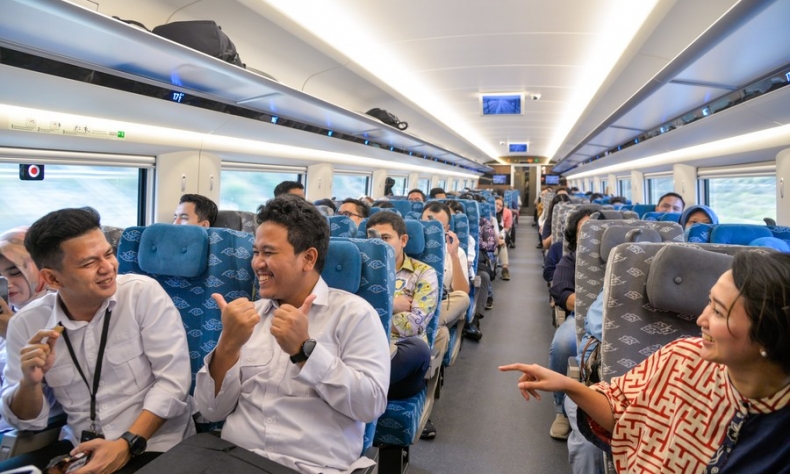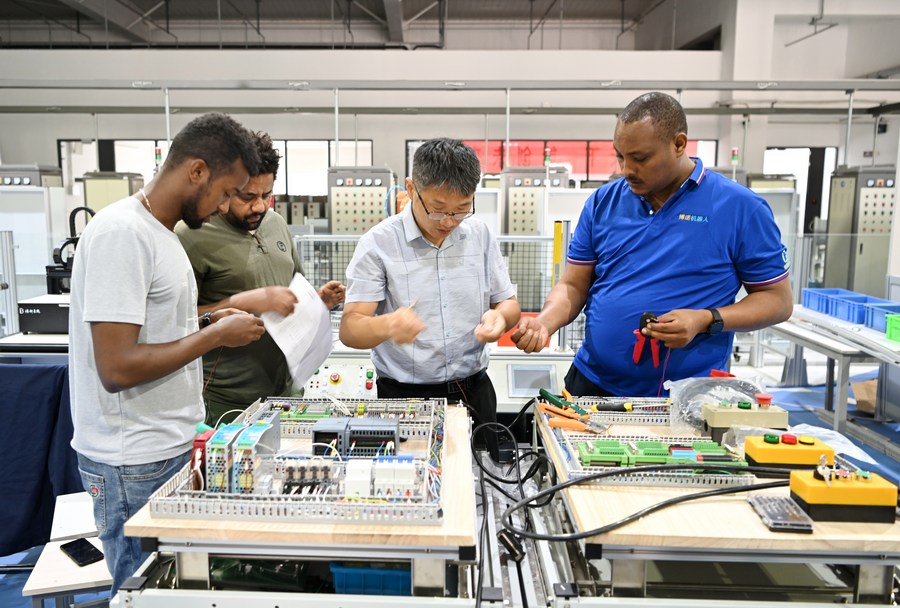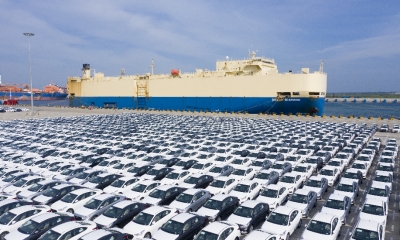The Global Civilization Initiative: A Pathway to Inclusive Modernization

Modernization should reflect the unique identities and needs of each country, rather than being defined by external expectations or imposed standards.
In March 2023, Chinese President Xi Jinping introduced the Global Civilization Initiative (GCI), following the Global Development Initiative and the Global Security Initiative. The GCI advocates for dialogue over conflict among civilizations, with the goal of promoting mutual understanding, cultural exchange, and peaceful coexistence. At its core, the initiative aspires to shape a more inclusive, harmonious, and sustainable future for all of humanity.
The GCI has become increasingly relevant in today’s global landscape, where Western hegemony has historically dominated international politics, cultural narratives, and economic structures – often shaping global norms and institutions to serve its own strategic and economic interests. As a result, alternative solutions like the GCI are gaining traction, offering a more balanced and inclusive approach that respects the equality and diversity of different cultures, and seeks equitable participation in global governance.
As the collective influence of Global South countries continues to rise, these nations are increasingly and confidently asserting their legitimate right to pursue modernization on their own terms. This growing demand reflects a broader call for fairness in global development and a restructuring of international systems that have long favoured dominant powers.
Simultaneously, the world is facing growing deficits in peace, security, sustainable development, and effective global governance. These challenges highlight the urgent need for inclusive, cooperative international frameworks that genuinely reflect the interests and aspirations of developing nations.
The advancement of human civilization has always been driven by creativity, intellect, innovation, and collaboration. These forces have brought about significant progress in areas such as globalization, sustainable development, social well-being, and technological innovation. However, this progress has also led to new challenges, including environmental degradation, inequality, political unrest, cultural disruptions, and emerging technological risks. Addressing these complex issues requires ethical leadership, inclusive policymaking, and adaptive strategies rooted in holistic, future-oriented thinking.
The GCI promotes respect for cultural diversity, shared human values, and international cooperation through dialogue and inclusivity. It challenges Western notions of civilizational superiority and the so-called “clash of civilizations,” echoing the Global South’s call for a more equal and inclusive world order based on mutual understanding and cultural exchange.

Recent global developments show that the Global South is collectively raising its voice against entrenched Western narratives. This growing movement reflects a clear demand for a multipolar world that values cultural diversity, mutual respect, and collaboration over division and hierarchy.
To realize such a vision, the world must embrace a global culture of empathy and innovation where civilizations learn from one another rather than competition. This can be achieved through platforms that facilitate civilization dialogue, such as international forums, academic collaborations, and cultural exchanges. Initiatives like BRICS cultural forums can help diversify global governance, empowering non-Western states and civilizations to assert their values in participation in shaping global norms.
Creating a resilient and inclusive system of global cultural governance will require addressing existing power asymmetries, promoting transparency, and enabling grassroots participation in shaping international frameworks.
China’s path to modernization has become increasingly attractive to many developing countries, as it is viewed as a model that prioritizes comprehensive, equitable, and sustainable growth. Unlike traditional Western models, which often focus on rapid economic expansion at the expense of social equity and environmental sustainability, China’s approach is seen as one that balances economic progress with social stability, poverty reduction, and long-term development planning. It presents a viable alternative for nations seeking to modernize while preserving their cultural identities and development priorities.
The Global Civilization Initiative reflects China’s broader vision for global development, shared prosperity, security, and stability. It encapsulates the principles guiding China’s engagement with the world mutual respect, dialogue among civilizations, and inclusive cooperation defining its approach to building a more interconnected and harmonious international community.
Modernization is a global process and a universal aspiration. However, it is essential for the West to recognize that modernization does not follow a single blueprint. Each nation’s path is shaped by its unique historical, cultural, and socio-economic context. Imposing a one-size-fits-all model undermines the diversity of human development. Embracing alternative approaches like those pursued by countries in the Global South can lead to a more equitable and balanced global order.
All nations have the sovereign right to choose their own development paths in their pursuit of modernization, not inherently synonymous with Westernization. Modernization should reflect the unique identities and needs of each country, rather than being defined by external expectations or imposed standards.
Under the Global Civilization Initiative, countries of the Global South are increasingly calling for stronger people-to-people and cultural exchanges. They are fostering cooperation based on mutual respect, inclusiveness, and the coexistence of diverse civilizations. In doing so, they are advocating for a model of modernization rooted in their own values and contexts, while working collectively to achieve more meaningful and mutually beneficial outcomes.
The article reflects the author’s opinions, and not necessarily the views of China Focus.
 Facebook
Facebook
 Twitter
Twitter
 Linkedin
Linkedin
 Google +
Google +





